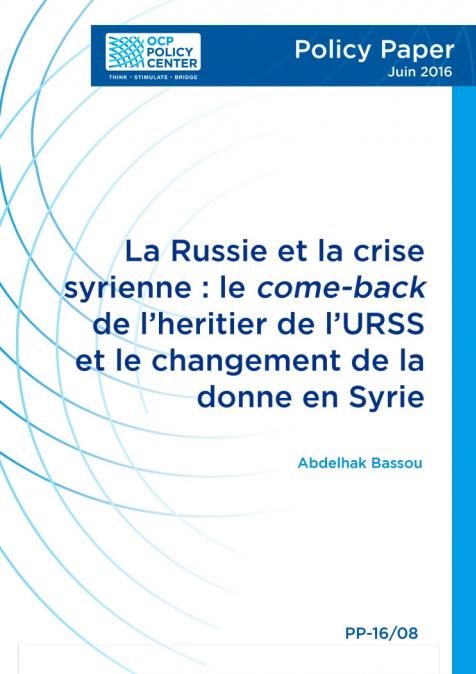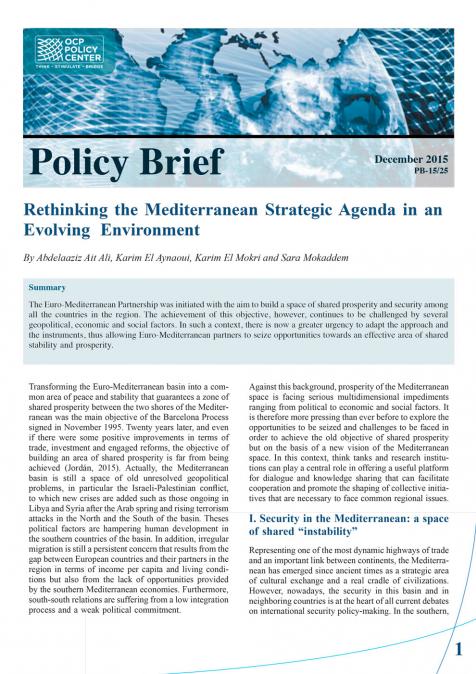Publications /
Policy Brief
Policy Brief
Returning foreign terrorist fighters: An imminent threat to manage
February 15, 2017
During the last quarter of 2016, terrorism specialists were still busy with the issues of counter-radicalization, indoctrination, and the dangers of young recruits departing to tension hotbeds, when the question arose about the return to their countries of origin by those who have experienced war and acquired significant combat capabilities. For nearly the past decade, they have been flocking to Syria and Iraq from around the world.








